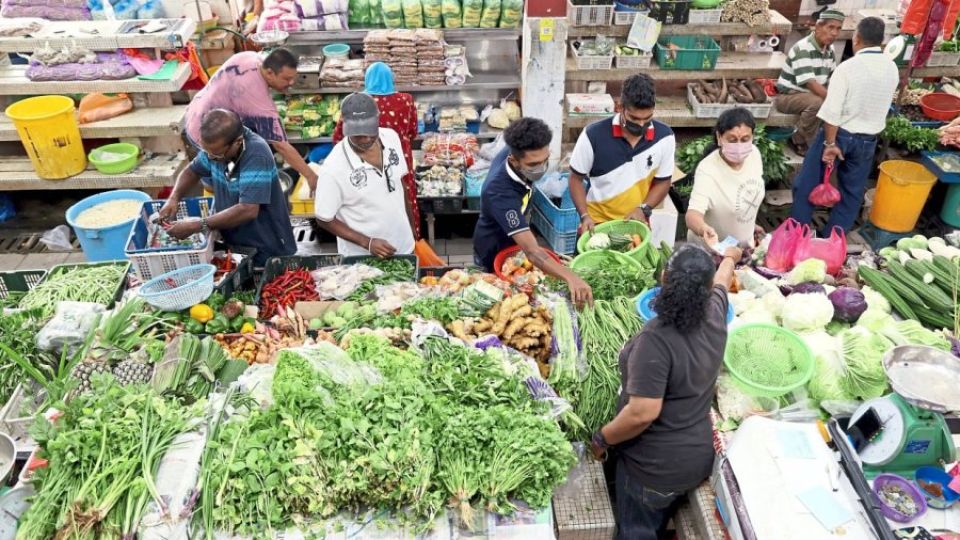December 29, 2022
KUALA LUMPUR – The continuous wet spell that is expected to last until next February has reduced the yield of highland vegetable farms, say farmers.
Adding they have been seeing a drop in yield since October, they cited the tomato as an example, with harvests down by half due to a lack of sunlight.
Tomatoes need at least eight hours of sunlight daily to produce fruit, though better results could be obtained by having anything from 12 to 16 hours of sun.
Cameron Highlands’ Vegetable Farmers Organisation president Datuk Chai Kok Lim said farmers were making a loss by selling tomatoes at controlled price.
“Our yields have dropped so much because of the frequent rain.
“Some farms that used to produce up to five tonnes of tomato daily are now down to only a tonne or two.
“When demand is higher than supply, the price should be higher. But we can’t increase it to make up for the cost because of the price controls,” he said.
Although the festive price control is not permanent, Chai said farmers lose out when demand peaks during a festive season.
“When vegetables are expensive, it doesn’t mean we are profiteering. The selling price should at least cover our costs.
“If farmers are to sell at a loss, the government should intervene with subsidies to farmers, at least to the point where we can break even.
“The relevant ministries should study what’s happening on the ground first before making rules or setting control prices,” he added.
On Dec 20, the Domestic Trade and Cost of Living Ministry listed 11 items under the Festive Season Maximum Price Control Scheme for Christmas from Dec 23-27.
The 11 items in the scheme include live old chicken (in Sarawak only), chicken wings (in Sarawak, Sabah, and Labuan), imported mutton, tomatoes, green capsicum, and round cabbage (from China and Indonesia).
The list also includes carrots, potatoes (from China), live pigs (controlled in Sarawak, Sabah and Labuan), pork belly, meat, and fat (in Sarawak, Sabah and Labuan).
Chai said the production of other leafy greens has also dwindled due to the rainy weather.
He called on consumers to diversify their consumption, especially during the festive season.
“Some people tend to stick to certain types of vegetables during Chinese New Year. But if things get expensive this time, they should find alternatives,” he said.
“For example, there are many different kinds of lettuce that can be used in salads, soup or for frying.”
Federation of Vegetable Farmers Associations president Lim Ser Kwee said consumers would have no choice but to pay slightly more for vegetables when ushering in the New Year and Chinese New Year.
“If the rain continues, prices of vegetables will go up,” he said, adding that heavy rainfall is detrimental to yields, and eventually cause prices to increase.
Kuala Lumpur Vegetable Wholesalers’ Association president Wong Keng Fatt concurred, saying prices would go up further in the event of floods.
“The wholesale price of sawi was about RM3 per kg. Now it has gone up to RM5.50. Spinach was about RM3 per kg, and now it’s RM6.50.
“At the retail level, prices will be higher,” he said, adding that consumers may need to adjust their portion or selection to suit their budget.

